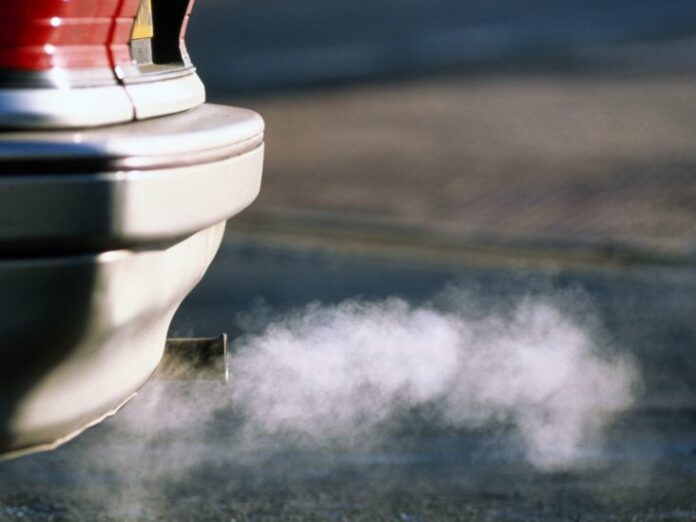The leaders of twenty bodies representing health professionals in the UK have urged the government and peers to back to introducing new legally-binding air quality targets without delay. Members of the UK Health Alliance on Climate Change say current Government plans are insufficient to protect the public from immediate harm.
Last Thursday the Government responded to a coroner’s report produced to prevent future deaths from air pollution after it was recorded as a cause of the death nine-year-old Ella Kissi-Debrah, but failed to heed the Assistant Coroner Philip Barlow’s primary recommendation – that air quality targets in line with the guidance of the World Health Organization (WHO) should be seen as the “minimum requirement”.
The World Health Organization (WHO) recommends that fine particulate (PM 2.5) pollution should not exceed 10 µg/m3, yet current UK legal limits are more than double this – at 25 µg/m3. Government plans under the Environment Bill only require the setting of new air quality targets by 2022 at an as yet unconfirmed level, to be determined by ministers.
The Royal College of Physicians has estimated that around 40,000 deaths a year may be attributed to air pollution, while NHS/PHE figures for a period of five years before the pandemic showed 5% of all deaths in those aged over 30 were attributable to PM 2.5 pollution specifically. The sources of fine particulate pollution – road transport, domestic and industrial burning – are also the sources of a significant proportion of the UK’s greenhouse gas emissions, so reducing air pollution will also contribute to meeting the Government’s climate commitments.
The UK Health Alliance on Climate Change believes that delaying the setting of air quality targets, and failing to commit to following the guidance of the WHO will damage the health of thousands of people across the country, and have written to the Prime Minister, the Secretary of State for the Environment, Food and Rural Affairs, and Rebecca Pow the minister responsible for the Environment Bill, making the economic, health, and environmental cases for strong legal protection from unclean air.
Signatories to the letter, below, include Professor Martin Marshall, Chair of the Royal College of General Practitioners, Professor Dame Parveen Kumar, Chair of the British Medical Association’s Board of Science and Dr Richard Horton, Editor-in-chief of The Lancet. Several members of the UK Health Alliance on Climate Change also responded last week to the coroner’s report, laying out what they will do to increase education and awareness amongst health professionals and the public of the health risks of air pollution.
In a coordinated message sent to all members of the House of Lords, who will begin scrutiny of the bill at ‘Committee Stage’ tomorrow, the UK Health Alliance on Climate Change has called for peers to support an amendment tabled by Baroness Jones of Whitchurch, which would enshrine in law a target to reduce PM 2.5 pollution to the WHO recommended maximum level or below by 2030.
Dr Edward Morris, President of the Royal College of Obstetricians and Gynaecologists, said:
“Research has shown that in the UK, exposure to particulate pollution during pregnancy can increase the risk of adverse pregnancy outcomes and cause long term impacts on our health. I urge the government to commit to safeguarding the health of pregnant women and their babies, and of future generations, by adopting air pollution targets recommended by the WHO.”
Dr Gary Howsam, Vice Chair of the Royal College of GPs, said:
“The RCGP fully supports the UKHACC’s calls for stronger protection from air pollution because we know that it puts our patients at a higher risk of developing serious health problems, such as lung cancer and cardiovascular disease – and can make existing conditions, such as asthma, worse.
“As healthcare professionals it’s important that we call out the adverse impact air pollution is having on our patients’ health, and seek to advance measures improving air quality to benefit our patients’ long term health and wellbeing – as well as the NHS as a whole.”







